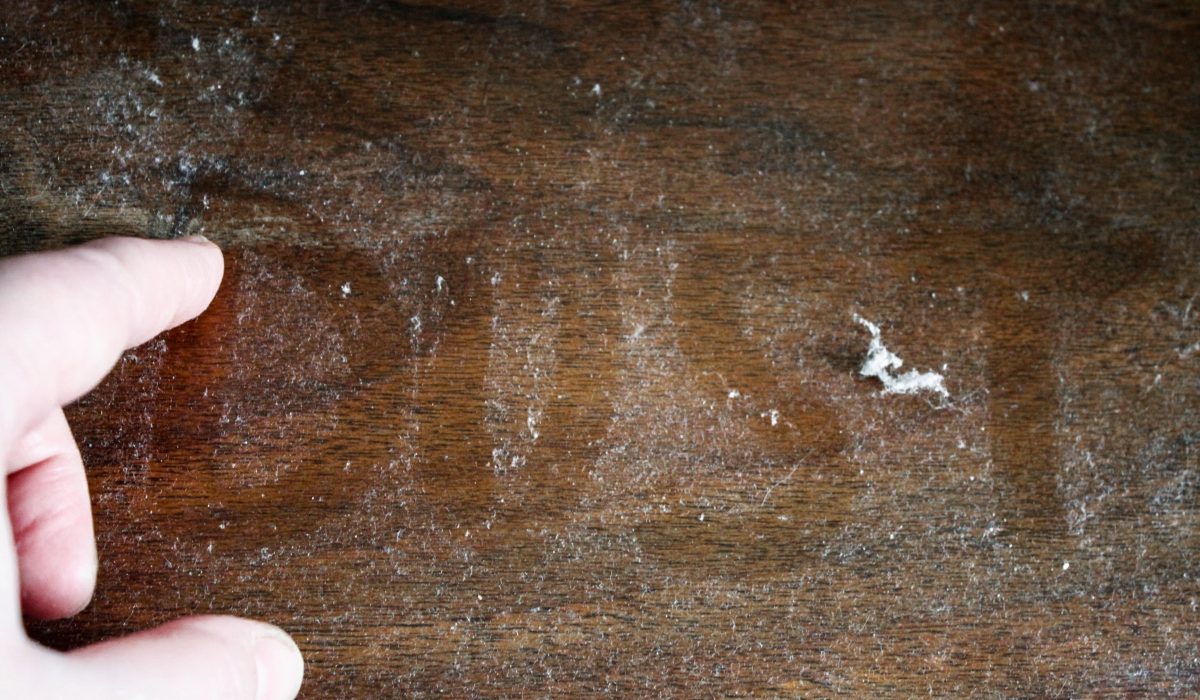Assuming you would like tips on lessening the effects of dust allergies:
Dust allergies are a problem for many people, particularly during certain times of the year. Here are some tips on how to lessen the effects of dust allergies:
-Keep your windows closed and use air conditioning when pollen counts are high. -Stay indoors as much as possible when pollen counts are high. -Change your clothes and take a shower after being outdoors to remove pollen from your hair and skin. -Don’t hang clothes outside to dry. -Wear a pollen mask when outdoors. -Limit your time outdoors, especially on windy days. -Don’t mow the lawn or rake leaves. -Keep the windows in your car closed. -Don’t use fans or other devices that circulate air.
Medicines for Dust Allergies
If you’re one of the millions of people who suffer from dust allergies, you know how difficult it can be to find relief. While there’s no cure for dust allergies, there are a number of medicines that can help relieve your symptoms.
Antihistamines are the most common type of medicine used to treat dust allergies. They work by blocking the action of histamine, a substance produced by the body in response to an allergen. Histamine is responsible for many of the symptoms associated with dust allergies, including runny nose, watery eyes, and itchiness.
There are a number of different antihistamines available over the counter, as well as by prescription. Some common over-the-counter antihistamines include loratadine (Claritin), cetirizine (Zyrtec), and diphenhydramine (Benadryl). Prescription antihistamines include levocetirizine (Xyzal) and desloratadine (Clarinex).
In addition to antihistamines, there are a number of other medicines that can be used to treat dust allergies. Nasal corticosteroids are a type of medication that can be used to reduce inflammation in the nasal passages. This can help to relieve some of the symptoms associated with dust allergies, such as congestion and runny nose.
Nasal corticosteroids are available by prescription only and include fluticasone (Flonase), budesonide (Rhinocort), and mometasone (Nasonex). Another type of medication that can be used to treat dust allergies is an immunotherapy tablet. This type of medication is taken under the tongue and helps to desensitize the immune system to the allergen.
immunotherapy tablets are available by prescription only and include ragweed (Oralair) and grass pollen (Orazone). If you’re suffering from dust allergies, talk to your doctor about which medication is right for you. With the right treatment, you can find relief from your symptoms and get back to enjoying your life.
How to Avoid Dust Allergies
If you have allergies, chances are good that you’re allergic to dust. Dust allergies are among the most common allergies, and they can be miserable. Fortunately, there are some things you can do to lessen your symptoms and avoid dust altogether.
First, it’s important to understand what dust is. Dust is made up of tiny particles of dirt, pollen, skin cells, and other materials. When these particles become airborne, they can cause an allergic reaction in people who are sensitive to them.
The best way to avoid dust is to keep your home clean and free of clutter. Dust collects on surfaces like furniture, floors, and electronics. So, it’s important to dust regularly and vacuum often. You may also want to consider using an air purifier in your home to help remove dust from the air.
If you have a dust allergy, it’s also important to avoid activities that stir up dust, such as sweeping or vacuuming. If you must do these activities, wear a mask over your nose and mouth to help prevent exposure.
Outdoors, pollen is a major source of dust. So, if you’re allergic to pollen, it’s important to stay indoors on days when pollen counts are high. You can check the pollen count for your area online or in the newspaper.
When you do go outdoors, wear a hat and sunglasses to help keep pollen out of your hair and eyes. And be sure to shower and change your clothes after being outdoors to remove any pollen that you may have picked up.
If you have a dust allergy, there are a number of things you can do to avoid exposure and lessen your symptoms. By following these tips, you can make life a little easier for yourself and breathe a little easier, too.

